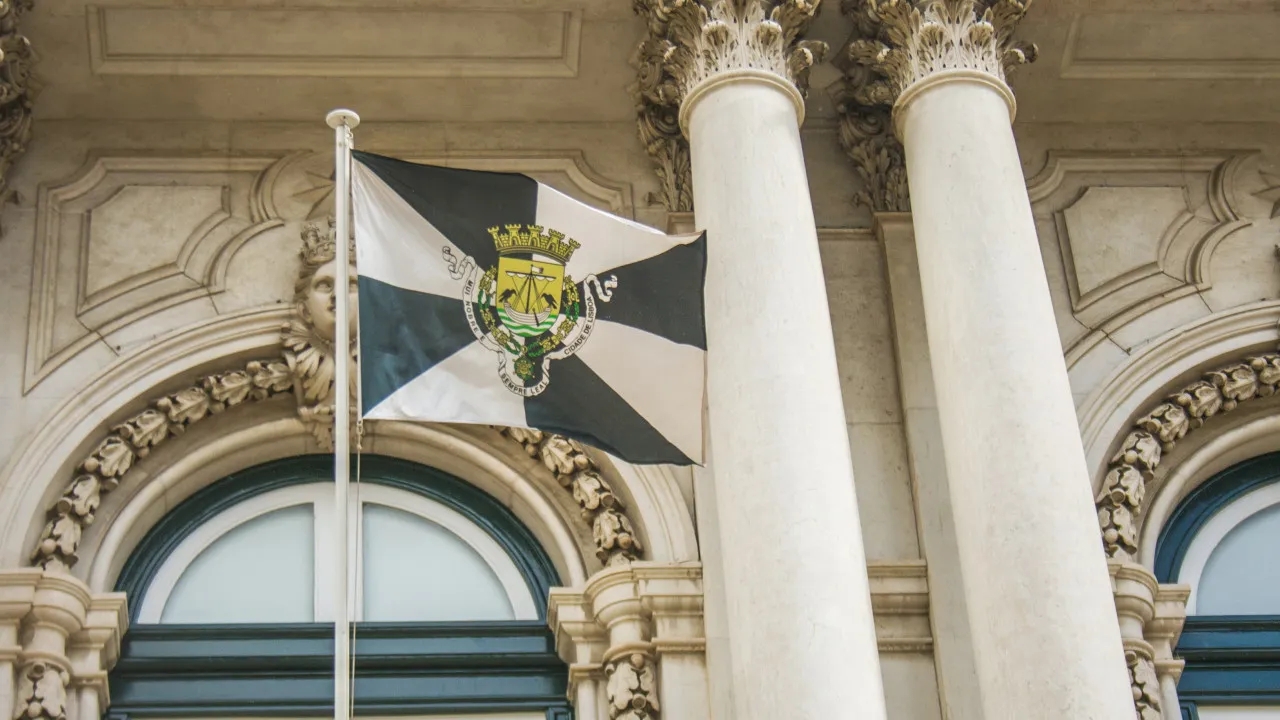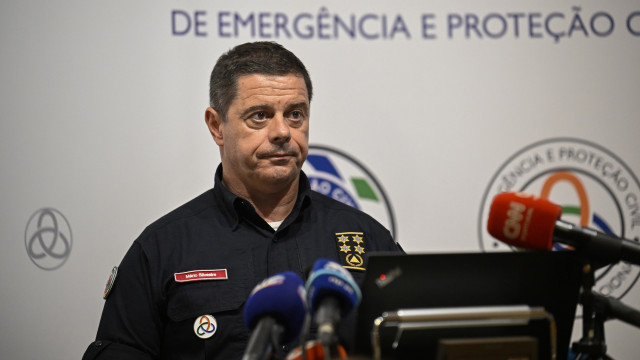
Carlos Moedas was not yet aware that he would become the president of the country’s largest municipality when he visited the Feira das Galinheiras during his 2021 campaign as the lead candidate for the PSD/CDS-PP/MPT/PPM/Aliança coalition. During this visit, he heard a market vendor’s request for “a radical change”.
Four years after taking the municipal leadership away from Fernando Medina of the PS, Moedas has frequently used the term and its variations to criticize the opposition.
Before Alexandra Leitão was announced as the lead candidate for the PS – now allied with Livre, BE, and PAN – Moedas, on the fourth day of this year, labeled the Constitutional Court’s decision to block a referendum on local accommodation in the city “a great defeat for the radical left supported by the PS”, highlighting the PSD/CDS-PP leadership’s “moderate” regulation of the sector.
Reacting to the deputy’s candidacy, the mayor described her as representing the “PS of Pedro Nuno Santos”, then secretary-general of a party “radical, radicalizing”, emphasizing that municipalities “do not need radicals”, as a city “is moderation and, above all, knowledge”. Alexandra Leitão downplayed “a ‘soundbite’ that will be much repeated in the campaign”, while Pedro Nuno argued that the real radicals were the municipal problems exacerbated by Moedas.
The summer kept the tone of confrontation. After the election date, October 12, was set, Carlos Moedas formally declared his expected candidacy in July: “It is a simple choice, but with enormous consequences: between moderation, the moderation that dreams and achieves, and radicalism, the radicalism that has already managed to undermine much of the PS and has so harmed the country.”
Alexandra Leitão hit back, criticizing the “radicalism disguised as moderation” of the PSD. “Radical is not having a housing policy. […] Radical is abandoning public spaces to garbage, degradation, and neglect. Radical is talking about security but not having sufficient public lighting, not installing surveillance cameras, and having a Municipal Police with a historically low number of officers,” she listed while standing alongside secretary-general José Luís Carneiro, who challenged Moedas’ “lament”.
Housing, urban hygiene, and security have been key discussion topics in municipal bodies over the past four years, as have integration and living conditions of immigrants or mobility, also addressed by other municipal candidacies, although not all have launched pre-campaign actions yet.
The first lead candidate announced, still in 2024, alongside Alexandra Leitão, was the communist councilor João Ferreira, experienced in these matters, as he has led the CDU (PCP/PEV) list since 2013. With two councilors in the executive, the communists have criticized the socialists’ convergence with the PSD/CDS-PP management, especially for enabling municipal budgets, and refused to join the left-wing coalition led by the PS this year, as happened in the times of Jorge Sampaio and João Soares.
Also out are the Cidadãos Por Lisboa, a movement founded by Helena Roseta with municipal representation. The political association decided not to participate in these elections after the “PS’s unavailability” to renew the agreement initiated in 2009, including them in the lists.
Currently, the executive includes seven right-wing coalition members (the only ones with portfolios and governing without an absolute majority), seven elected by the PS/Livre coalition (three from the PS, three from Cidadãos Por Lisboa, and one from Livre), two from PCP, and one from BE.
According to announcements already made (list submission to court closes on Monday), besides Carlos Moedas (now in the PSD/CDS-PP/IL coalition), Alexandra Leitão, and João Ferreira, candidates include Ossanda Líber (Nova Direita), Bruno Mascarenhas (Chega, now with three municipal deputies), José Almeida (Volt), and Adelaide Ferreira (ADN).
Since the beginning of his presidency, Moedas has been frequently criticized by the opposition for “abusive use” of municipal resources for political or partisan propaganda, even during election periods. The former European commissioner complains, in turn, of opponents forming a “blocking force”, yet he managed to have all municipal budgets approved.
It has been almost two decades since the capital was managed with an absolute majority: António Costa, in a solo socialist candidacy, was the last to achieve it, in 2013, during his third term.
There is currently no absolute majority in the municipal assembly either. In 2021 the right-wing coalition secured 17 seats, the same as the PS-led coalition. The remaining seats are occupied by CDU, BE, IL, Chega, and PAN members.
Since the first democratic elections, the presidency of the Lisbon City Council has been held by socialists or social democrats, with the exception of the Christian democrat Krus Abecasis (1979-1989).




